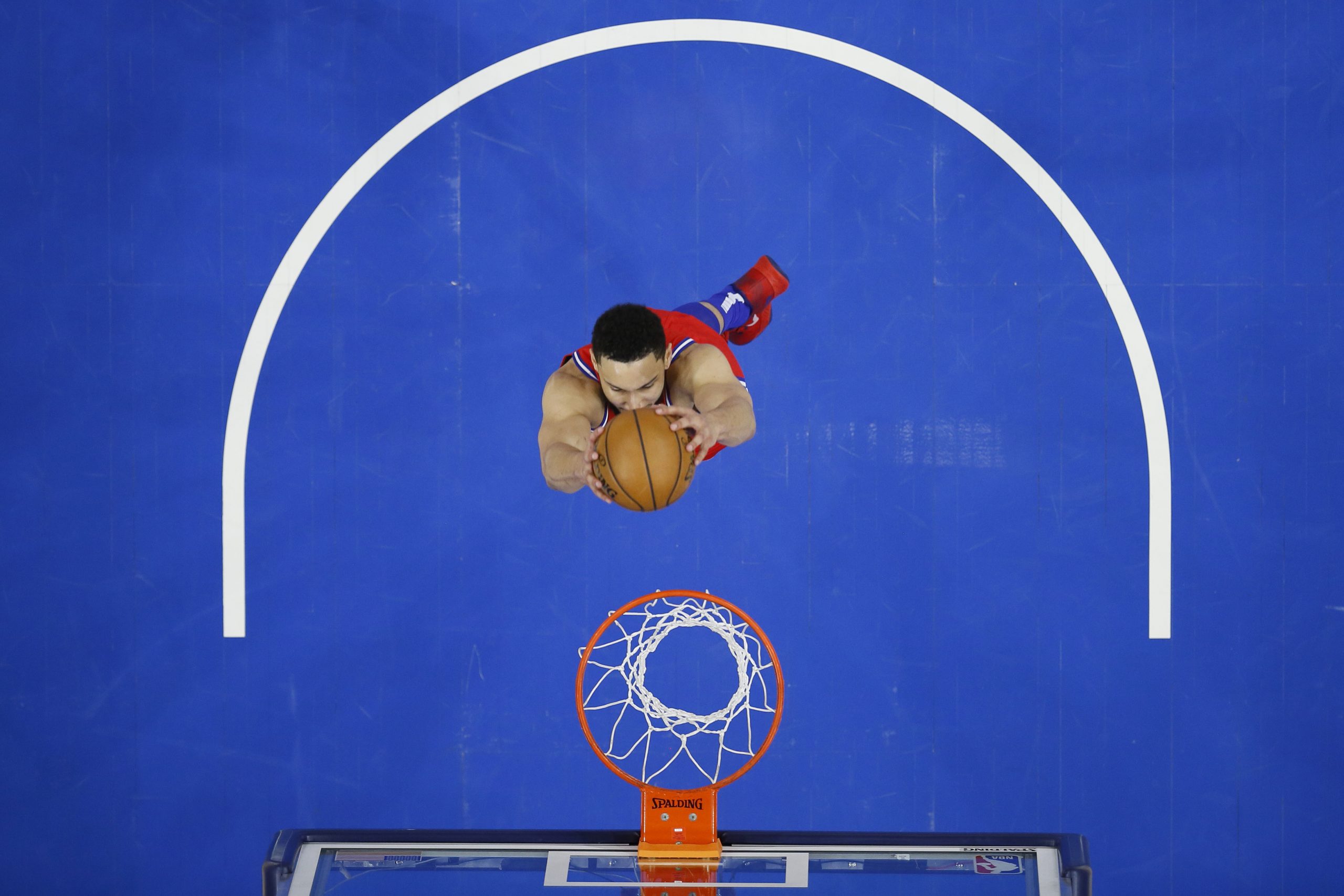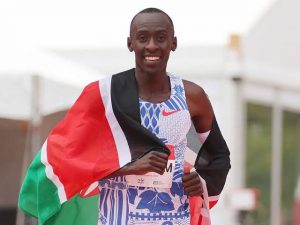In a welcome change, National Collegiate Athletic Association (NCAA) allowed athletes to make a profit off their names on an interim basis on Thursday. The expected move comes just a day before the legislation allowing for such compensation becomes law in some states.
Earlier, the Division I Council recommended to the NCAA to allow athletes in every state to pursue compensation for their name, image and likeness (NIL) without jeopardizing their college eligibility.
The reframed NIL policy lets athletes opt for sponsorship deals, online endorsements and personal appearances and will apply for all three divisions — which includes some 460,000 athletes.
From now on, the athletes can also enter into agreements with agents while encouraging them to keep schools informed. According to NCAA, the schools are responsible “for determining whether those activities are consistent with state law.”
Although the NCAA was hoping to formulate a permanent federal law, they had to settle for a temporary solution as from tomorrow athletes in some states would have been eligible for compensation while others were not.
More than 10 states have laws set to go into effect Thursday that would have undercut existing NCAA rules regarding such compensation for athletes, according to news agency AP.
If NCAA would’ve failed to take any action, a bizarre situation would have unfolded where some athletes could be making money without putting their college eligibility in jeopardy while their counterparts in other states could be in danger of breaking NCAA rules.
Following the announcement of the new policy, NCAA President Mark Emmert said, “With the variety of state laws adopted across the country, we will continue to work with Congress to develop a solution that will provide clarity on a national level,” according to AP inputs.
Widespread claims athlete exploitation has plagued NCAA for some time now.
The new policy follows a unanimous decision by the US Supreme Court ruling in favour of student-athletes, saying National Collegiate Athletic Association (NCAA), America’s top university athletics body, cannot enforce limits on education-related benefits for athletes.
While college sports generated $18.9bn (£13.6bn) in 2019, according to the NCAA, currently, under the prevailing rules, students could not be paid, and scholarship money was capped at the cost of attendance.
The 9-0 ruling was expected to impact issues related to compensation for athletes.







